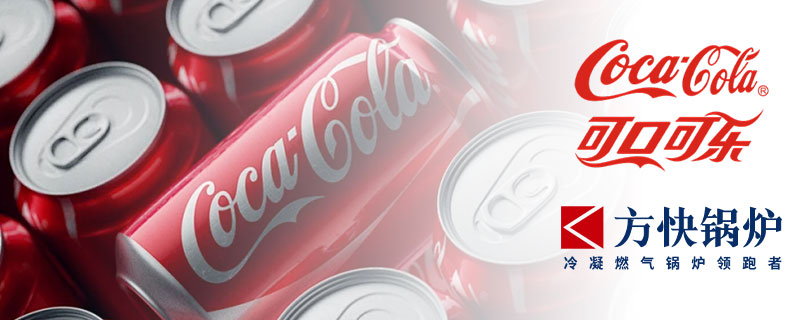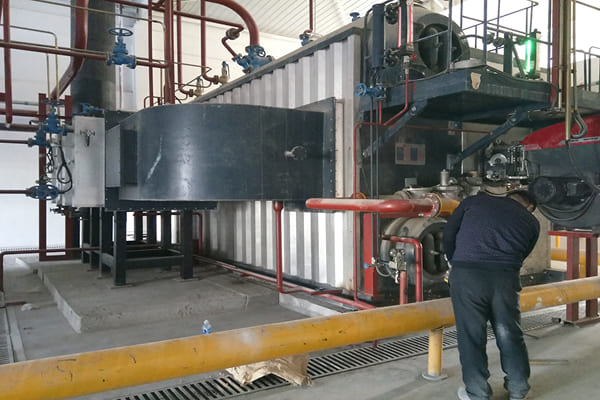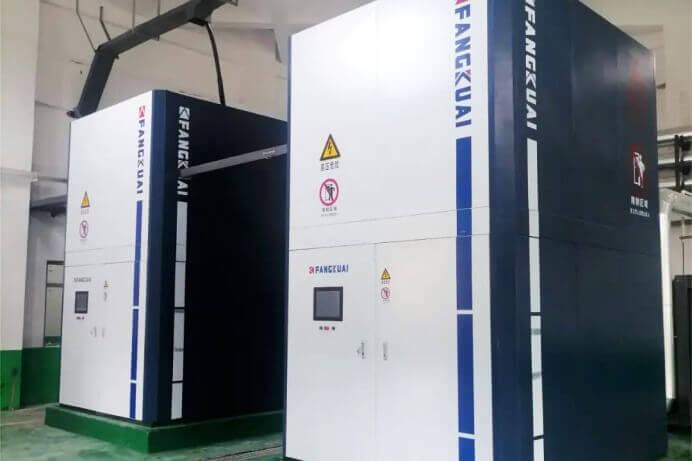Introduction
The food processing industry relies heavily on steam boilers for various applications, including cooking, sterilization, pasteurization, and cleaning. Selecting the right steam boiler is crucial for efficiency, safety, and cost-effectiveness. This guide will help food manufacturers understand key factors in boiler selection, compare different types, and optimize performance for their specific needs.
Why Steam Boilers Are Essential in Food Processing
Steam boilers play a critical role in food production by providing:
- Sterilization & Disinfection – Ensuring compliance with FDA and USDA safety standards.
- Pasteurization – Eliminating harmful bacteria while preserving product quality.
- Cooking & Drying – Efficiently processing ingredients with precise temperature control.
- Facility Heating – Maintaining optimal working conditions in production areas.
Given these demands, choosing the right boiler impacts operational efficiency, energy costs, and regulatory compliance.
Key Factors in Selecting a Steam Boiler for Food Industry
1. Steam Capacity & Load Flexibility
Food processing often involves fluctuating steam demands. Modular boilers (like Fangkuai’s water tube steam boilers) allow quick startup (within 5 minutes) and adaptive load adjustments, reducing fuel waste during low-demand periods.
2. Fuel Type & Efficiency
Common fuel options include:
- Natural Gas – Clean, cost-effective, and ideal for low-emission compliance.
- Oil/Diesel – Suitable for facilities without gas infrastructure.
- Biomass/Electric – Eco-friendly alternatives for sustainable operations.
High-efficiency boilers (e.g., Fangkuai’s Eurorich series) achieve over 103% thermal efficiency through advanced heat recovery systems.
3. Pressure & Temperature Requirements
Most food processing requires steam at ≤2.5 MPa pressure and temperatures up to 194°C. Ensure your boiler meets these specs without over-engineering, which increases costs.
4. Low Nitrogen & Environmental Compliance
Strict emissions regulations demand low-NOx boilers. Technologies like flue gas condensation (used in Fangkuai’s designs) reduce emissions while improving efficiency.
5. Maintenance & Durability
Automated systems with remote monitoring minimize downtime. Corrosion-resistant materials (like ND steel) extend boiler lifespan to 20+ years.
Top Steam Boiler Types for Food Industry
1. Condensing Steam Boilers
- Best for: High-efficiency operations with condensate recovery.
- Advantages: Energy savings, low emissions, and rapid startup.
- Example: Fangkuai’s Eurorich 9 series (4–20 t/h capacity).
2. Water Tube Steam Boilers
- Best for: High-pressure applications (e.g., UHT processing).
- Advantages: Fast steam generation, compact design, and adaptability.
- Example: Fangkuai’s SZS series (10–50 t/h capacity).
3. Electric Steam Boilers
- Best for: Small-scale or eco-conscious facilities.
- Advantages: Zero emissions, quiet operation, and precise control.
Industry-Specific Applications
Dairy Processing
- Pasteurization: Requires precise 72–85°C steam for milk safety.
- Sterilization: Ultra-high-temperature (UHT) steam at 135–150°C.
Meat & Poultry
- Cooking & Curing: Consistent steam ensures even heating.
- Sanitation: High-pressure steam cleans equipment effectively.
Beverage Production
- Bottle Washing: Steam sanitizes containers before filling.
- Brewing: Maintains ideal fermentation temperatures.
How to Optimize Your Boiler System
- Regular Maintenance – Schedule inspections to prevent breakdowns.
- Energy Recovery – Use economizers to reuse waste heat.
- Smart Controls – Implement IoT-based monitoring for real-time adjustments.
Conclusion
Choosing the right steam boiler for food processing ensures efficiency, compliance, and long-term savings. Whether you need a condensing boiler for energy recovery or a water tube boiler for high-pressure tasks, Fangkuai offers tailored solutions for the chemical-industry and beyond.
Need a customized boiler solution? Contact Fangkuai’s experts today for a free consultation!
Get your best price
Quickly compare 3 FREE quotes
- Engineer quick quote
- The overall delivery speed is fast
- Financial choice
- Low installation costs and cost savings
25 years+ of boiler R&D
More than 20 innovative technologies





